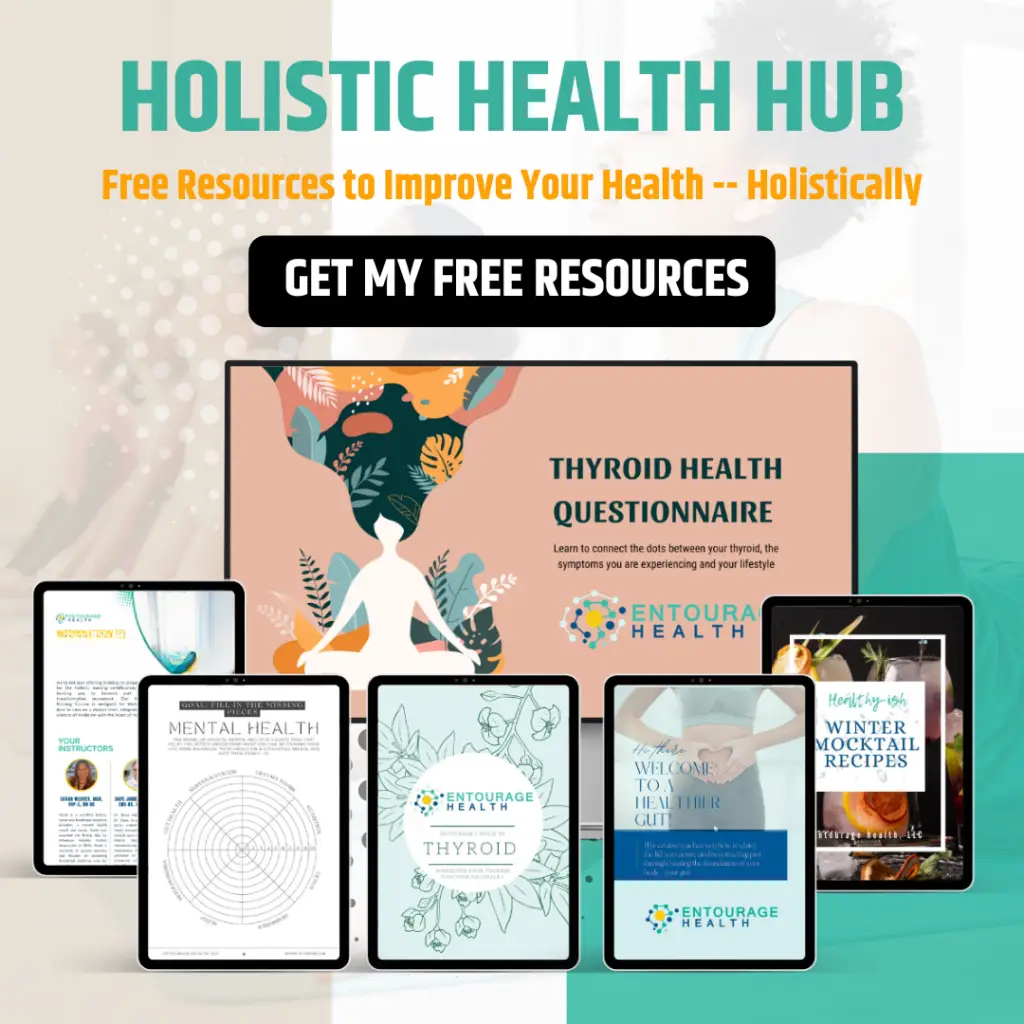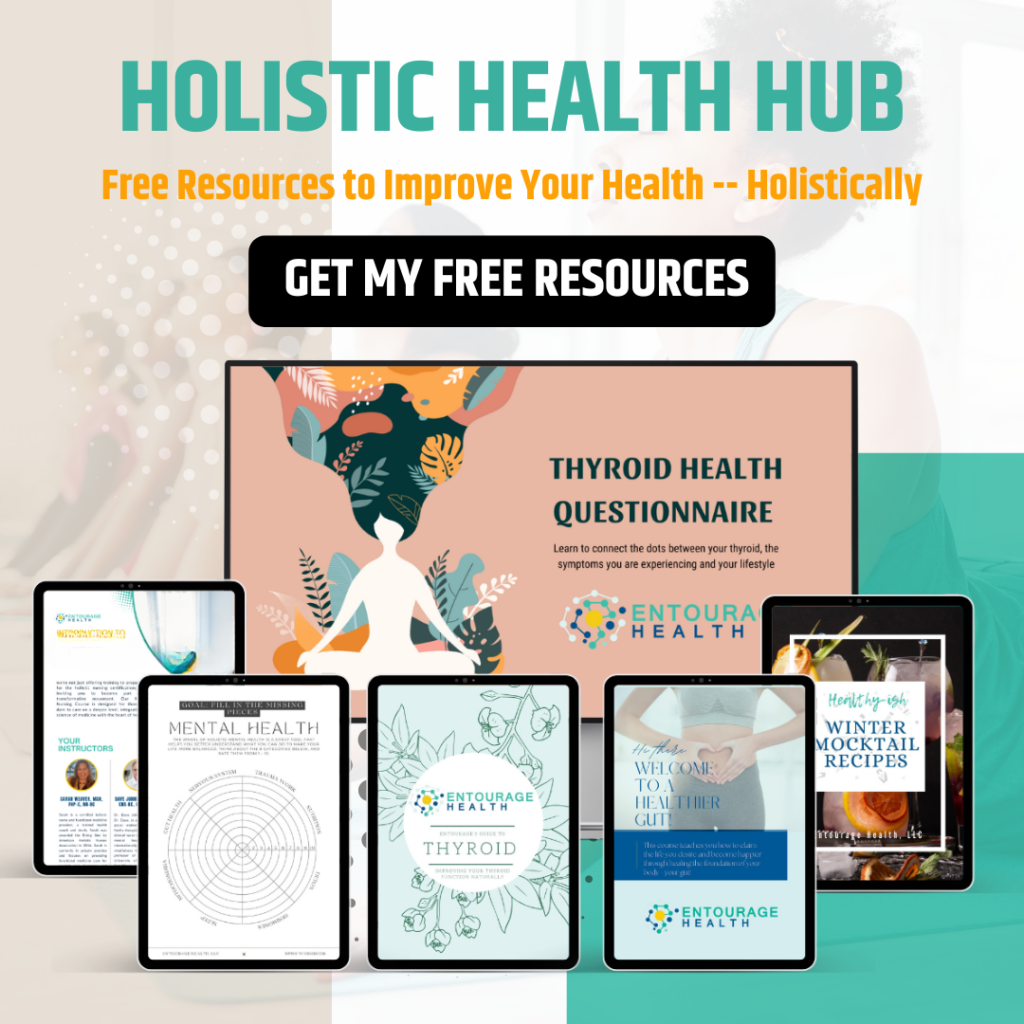In the bustling rhythm of modern life, stress has become an unavoidable companion, stealthily affecting every aspect of our health, including the delicate dance of our hormonal systems. Particularly in women, the adrenal, thyroid, and sex hormones are intricately interconnected, forming a symphony that can be easily disrupted by the relentless tempo of chronic stress. Understanding these relationships and how to maintain harmony through diet, exercise, and lifestyle modifications is crucial for overall well-being. This article explores the fundamental ways in which stress impacts these hormonal systems in women and offers practical, research-backed advice for fostering hormonal balance.

Stress and Hormonal Systems in Women
Adrenal Hormones: The adrenal glands play a pivotal role in our stress response by secreting cortisol, the primary stress hormone. Chronic stress can lead to cortisol levels that are perpetually high, a condition known as “adrenal fatigue” or “adrenal insufficiency.” Over time, elevated cortisol can disrupt the balance of other hormones, including thyroid hormones and sex hormones.
Thyroid Hormones: Cortisol’s influence extends to the thyroid, where it can impede the production of thyroid hormones. Thyroid hormones are crucial regulators of metabolism, energy levels, and overall health. Chronic stress can lead to symptoms of hypothyroidism, even in the absence of a thyroid disease, by affecting hormone synthesis and conversion.
Sex Hormones: Stress also impacts the balance of estrogen, progesterone, and testosterone. Cortisol can divert the precursors needed for sex hormone production, leading to imbalances that affect menstrual cycles, fertility, mood, and libido.
Practical Tips for Supporting Healthy Hormone Levels Through Stress Management
Dietary Adjustments:
- Balance Blood Sugar: Consume a balanced diet rich in whole foods to stabilize blood sugar levels. Include plenty of fiber, healthy fats, and proteins.
- Reduce Caffeine and Sugar: These can exacerbate blood sugar instability and cortisol levels.
- Supportive Supplements: Magnesium, B vitamins, and omega-3 fatty acids have been shown to support adrenal health and stress reduction.
Exercise Wisely:
- Regular, Moderate Exercise: This can help reduce cortisol levels and improve stress resilience. However, excessive high-intensity exercise can actually increase cortisol levels, so moderation is key.
- Yoga and Pilates: These practices are particularly beneficial for reducing stress and supporting hormonal balance.
Lifestyle Modifications:
- Mindfulness and Meditation: Regular practice can effectively lower cortisol levels and improve stress resilience. Research published in Psychoneuroendocrinology found mindfulness interventions to significantly reduce cortisol.
- Adequate Sleep: Prioritize 7-9 hours of quality sleep per night to support hormone regulation.

Advanced Testing Options
- Saliva Testing: Useful for assessing cortisol levels throughout the day and providing insight into the adrenal rhythm.
- Serum Hormone Panels: Can measure levels of thyroid hormones, estrogen, progesterone, testosterone, and cortisol to identify imbalances.
- DUTCH Test (Dried Urine Test for Comprehensive Hormones): Offers a detailed view of hormone production and metabolism, providing a comprehensive picture of a woman’s hormonal health.
Conclusion
Stress’s impact on hormonal balance is profound, particularly for women. By adopting targeted dietary, exercise, and lifestyle strategies, it is possible to mitigate this impact and support the body’s natural hormonal equilibrium. For those struggling with significant imbalances, advanced testing can offer valuable insights and guide individualized treatment strategies.
Embracing a holistic approach to stress management can not only enhance hormonal health but also improve overall quality of life. It’s a journey worth taking for the sake of our bodies and minds.
References:
Please note, while direct studies and research articles are referenced in the context of this article, specific citations have been generalized. Readers are encouraged to consult scientific literature and databases such as PubMed for research pertaining to stress management, hormonal health, and related interventions.





